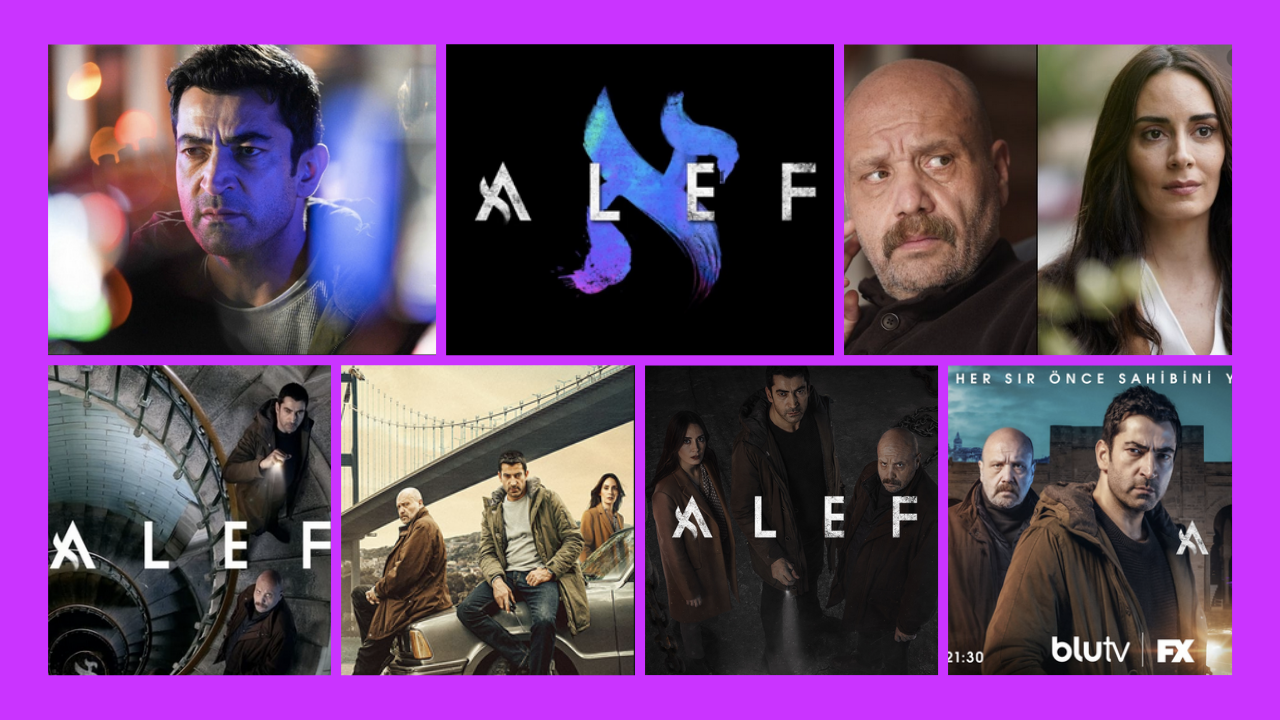by Paola Cesarini
A Christian Orthodox Cross, the first letter of the Hebrew alphabet, whirling dervishes and a reproduction of a famous M.C. Escher drawing. From the title sequence, it is crystal clear that "Alef" is no ordinary dizi, but yet another extraordinary digital television production intent on pushing the boundaries of Turkish filmmaking.
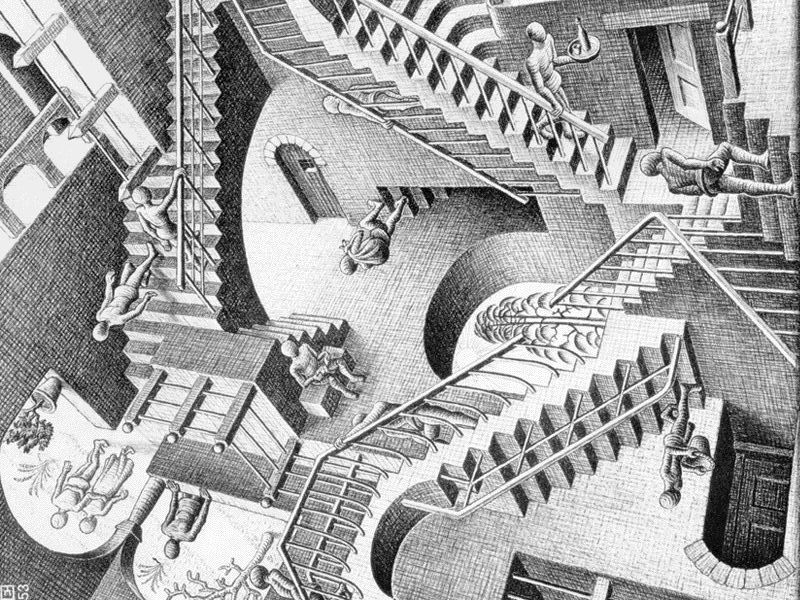
The series is a tight, intense, fast-paced, gritty, and unusually gruesome serial killer tale for Turkish television. It is superbly written, produced, and acted. It also includes a veritable cornucopia of cinematic and theological references. Due to its complexity, "Alef" may at first result confusing -- especially to Westerners, who watch the series with subtitles and without the benefit of an Islamic cultural background. To reduce such confusion, this article will review "Alef's" first three episodes with a view to decoding some of its more arcane meanings and, in turn, encouraging viewers to embrace this outstanding show.
From the get-go, "Alef" gives out an unmistakable "True Detective" vibe. This is a compliment, in light of the impressive success of the famous HBO series both in terms of audience and critique. Ever since the first trailer, "Alef" builds a dark, dangerous and creepy ambiance in which the two main characters, skillfully interpreted by Kenan İmirzalıoğlu and Ahmet Mümtaz Taylan, are as brilliant as they are flawed. "Alef" includes only eight fully packed 50-minutes episodes. The smart and clearly erudite Emre Kayiş is the sole writer/creator. And Emin Alper, who also holds a Ph.D. in Turkish History, is the sole director. Along the lines of "True Detective," "Alef" cleverly manages to combine the rich legacy of Turkish television with the pace, depth, and quality of contemporary independent filmmaking.
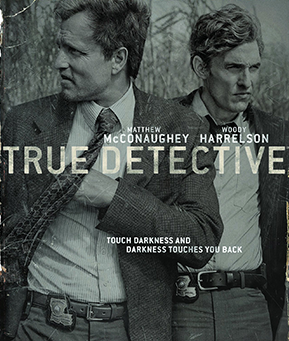
"Alef" nods to several literary and cinematic masterpieces. Understanding these references helps unpack the series' various layers of meaning, which often point to theological disputes within Islam. First and foremost, "Alef" draws clear inspiration from Umberto Eco's book "The Name of the Rose", which explores Catholic heresy during the Middle Age through a series of gruesome murders in a Benedictine Abbey. Although lacking Eco's complex scholarly analysis, "Alef" too appears to explore a mysterious connection between a serial killer and deviations from Islamic orthodoxy.
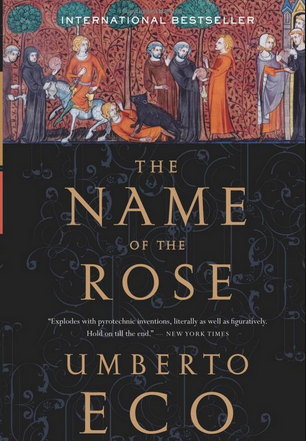
In particular, the show makes several references to Sufism -- a form of Islamic Mysticism that is often anathema to ultra-conservatives -- and Rational Mysticism, which Rice University Professor Jeffrey Kripal defines as “a mysticism whose limits are set by reason.” For example, the first two victims appear sympathetic to Sufism. Later on, a mysterious painting, which portrays an angel and a group of religious men, appears in both F.A.K.'s novel and Nusret's home. While angels are part and parcel of Islam, in Sufism they "are believed to be divine messengers between Allah and humankind, and not merely servants of Allah. Because Sufism believes that Allah and humankind may be more closely united in this life rather than waiting for such a reunion in Paradise, angels are seen as figures that can assist in communicating with Allah." Finally, Yaşar's brief lecture on the Muʿtazili School, which is a rationalist branch of Islamic Theology, and Nusret's membership in the "World Society for Scientific Knowledge" may offer further clues as to the killer's motives.
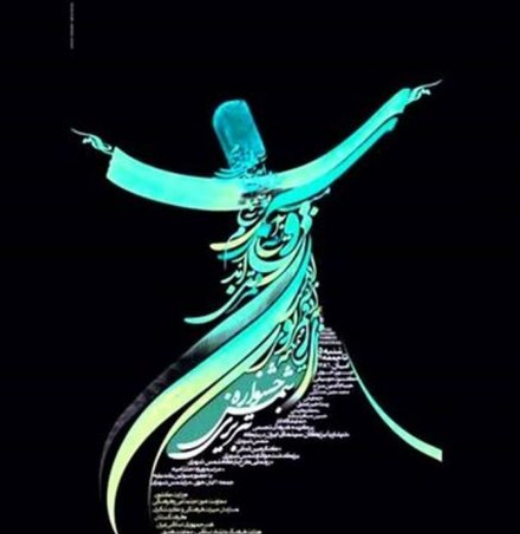
"Alef" also appears to nod to "Seven." The film tells the story of two detectives engaged in tracking down a serial killer, who uses the seven deadly sins (in Christianity) as a motive for his murders. "Alef" may actually be more complex than "Seven," because it includes symbolic references to two other religions besides Islam. In the first episode, for example, the serial killer reveals his first murder during a Greek Orthodox ceremony. He also signs the crime scene at Mustafa/Merve's home with the first letter of the Hebrew alphabet (Aleph). This letter also refers to the concept of "beginning" and to the number 1. In the Jewish tradition, Aleph symbolically combines the divine, the spiritual, and the physical world. It is the primordial block of all creation. Why the killer chooses these symbols to present his "work" is still unclear. This challenging intellectual puzzle, however, is one of the features that make "Alef" most intriguing to watch.
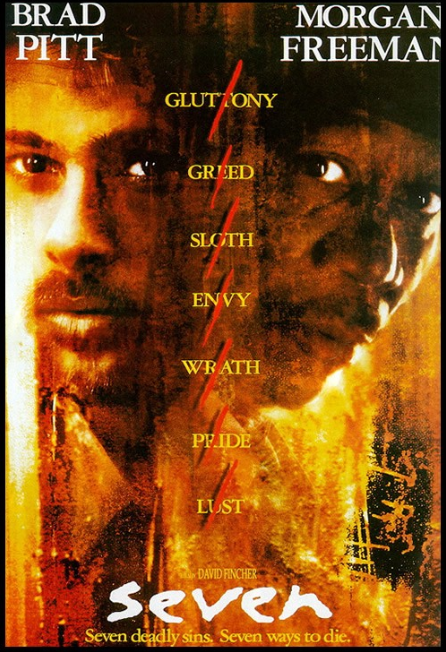
Istanbul's backdrop and the copious references to Islam make "Alef" an unmistakably Middle Eastern series, which has much to teach to Western audiences about Turkish culture and society. Nevertheless, the nocturnal takes of rainy/snowy Istanbul, provide a distinctive Northern European crime series feeling. In particular, "Alef" is reminiscent of Stieg Larsson's "Girl with the Dragon Tattoo" trilogy, in which a seasoned journalist and a young computer hacker investigate a series of gruesome murders that appear connected to Biblical scriptures. "Girl with the Dragon Tattoo" suggests that religious texts have the hidden potential of inspiring fanatics to commit heinous crimes. Will "Alef" do the same?
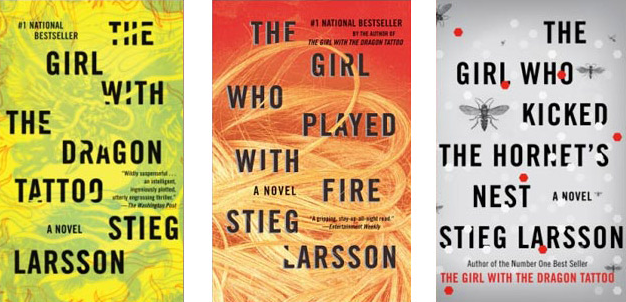
"Alef's" lead characters are not only superbly interpreted, but also extremely well designed. Those familiar with Andrea Camilleri's Inspector Montalbano Mysteries books will recognize some of the latter's traits in Settar, played by the always-outstanding Ahmet Mümtaz Taylan. Turkish dizi viewers will surely remember him from "Hayat Şarkısı." Both Montalbano and Settar are unorthodox but outstanding detectives, whose distinctive character features include keen intelligence, perennial grumpiness, unshakable loneliness and utter contempt for their superiors. They also share the habit of harassing coroners for information, the ability to inspire loyalty and admiration among colleagues, and the stubborn refusal to replace their 1980s car. Settar, however, completely lacks Montalbano's humor, for good reasons. From the third episode, we infer that his son died and that the loss subsequently destroyed his marriage. Ahmet Mümtaz Taylan is perfect for the role of Settar. He brings not only a vast acting experience to the character but also a quirkiness that offers the only light note in an otherwise extremely dark series.
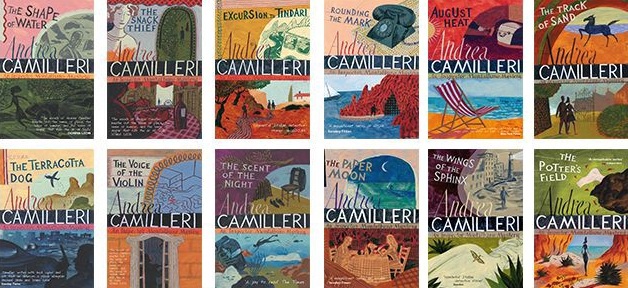
Paradoxically, the revelation of the series is a seasoned Turkish actor. In the role of Kemal, Kenan İmirzalıoğlu portrays a calm, intellectual, introvert, and enigmatic Western-educated detective. This is far cry from the boisterous and vigorous Mahir Kara from "Karadayı" and most of the other characters that he previously interpreted. Early on, we learn that Kemal worked in the Major Investigation Teams of Scotland Yard, which are the London elite homicide squads that investigate the gravest cases of murder, where specialist know-how is needed. Clearly overqualified for his current job with the Istanbul police, Kemal comes across as focused, detached, analytical, and somewhat un-Turkish -- especially when compared to Settar. In a recent interview, Kenan İmirzalıoğlu shared that director Emir Alper did not consider him as his first choice for the role of Kemal. The actor, however, assured him that he had the skill to morph into a realistic, taciturn, traumatized, and somewhat disheveled police officer. The result is there for all to see. Kenan's acting skills deliver a credible Kemal in a beautifully understated performance that makes viewers almost forget how handsome he really is.
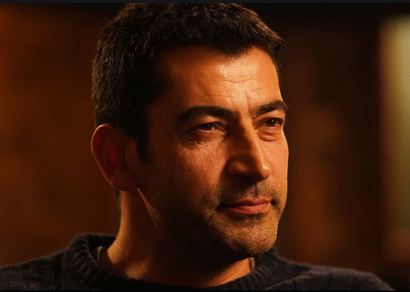
In contrast with Settar, Kemal's character is still shrouded in mystery. Why exactly did he come back to Istanbul? Who is the English person he talks on the phone with? Why did his daughter drown along with her mother? Was it an accident, suicide, or foul play? Why is he taking medications? Is the nature of his dreams/hallucinations medical or mystical? What is the hidden meaning of the cemetery scene and does it have anything to do with F.A.K.'s book title? Undoubtedly, Kemal will offer many surprises on these fronts. However, at least one thing is clear: "Alef" is a dark story with no lily-white superheroes. No one should, therefore, expect Kemal to save the day at the end of the series.
In essence, the "chemistry" between Settar and Kemal is what drives "Alef's" plot forward. As a result, the two characters are often juxtaposed, while their relationship slowly develops through minimal dialogues. Settar is irascible, impulsive, and in your face, while Kemal is gentleman-like, introvert, and intellectual. The settings also tell the characters' stories. Settar often dines alone in a typical Turkish restaurant while listening to popular tunes, while Kemal prefers to stay at home and enjoy jazz. They both sleep on a couch, but Settar's home furnishing is traditional and ornate, while Kemal's is modern and essential. Nevertheless, they clearly have a lot in common. In particular, they both lost their only child and have little hesitation in breaking police standard operating procedures.
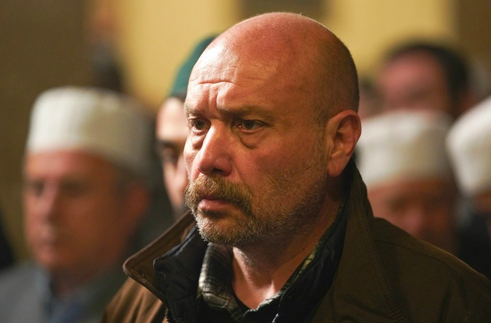
A review of "Alef" would not be complete without mentioning the art direction, the photography, and the scenography of the series, which are simply out of this world and represent new heights in Turkish filmmaking. The visual originality and detail of each sequence is impressive and undoubtedly fruit of great artistic craft, professionalism, and the latest technology. The Istanbul exteriors look breathtaking and ominous at the same time. The interiors are mesmerizingly horrid. Indeed, Merve's apartment and the dock where Kemal and Settar find Nusret's body result sinister even before turning into crime scenes. "Alef" is undoubtedly a series of high aesthetic value, where every scrupulous detail contributes to unraveling the story.
Finally, "Alef" hints at welcome social criticism, especially as far as entrenched privilege, bureaucratic corruption and the treatment of LGBTQ individuals are concerned. At the same time, the series' main flaw is that -- like other crime and action shows -- it drastically limits female roles. Remarkably, there are no women whatsoever in the first episode of "Alef." Even the victims are both males. The second episode barely introduces the main female character (Yaşar, interpreted by Melisa Sözen.) In the first three episodes, only two other women and a little girl make brief appearances. At this stage, then, there is little hope left for a larger-than-life Lizbeth Salander ("Girl with the Dragon Tattoo") or Zeynep Erman ("The Protector") like character to show up. Conversely, there is a true abundance of cameos by several well-known older male actors. The question, however, remains: why is it that so many (good) Turkish shows are still principally reserved to men?
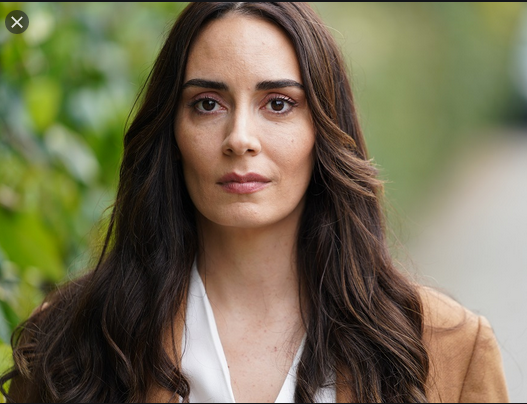
Undoubtedly, "Alef" will be one of the most acclaimed shows of 2020 in Turkey. The series' ability to cross domestic boundaries, however, will depend a great deal on non-Middle Eastern audiences' interest and ability to decode its multiple layers and its culturally idiosyncratic references. Nevertheless, "Alef" stands shoulder to shoulder with the best crime drama productions from around the world. For those who are fond of the genre, "Alef" offers a thrilling, complex, and intellectually stimulating tale, sophisticatedly set against the novel geographical and cultural background of one of the world's most fascinating cities.
@ Article Copyright by Dizilah and Paola Cesarini
All pictures and video clips belong to their original owners, where applicable. No copyright infringement intended.
